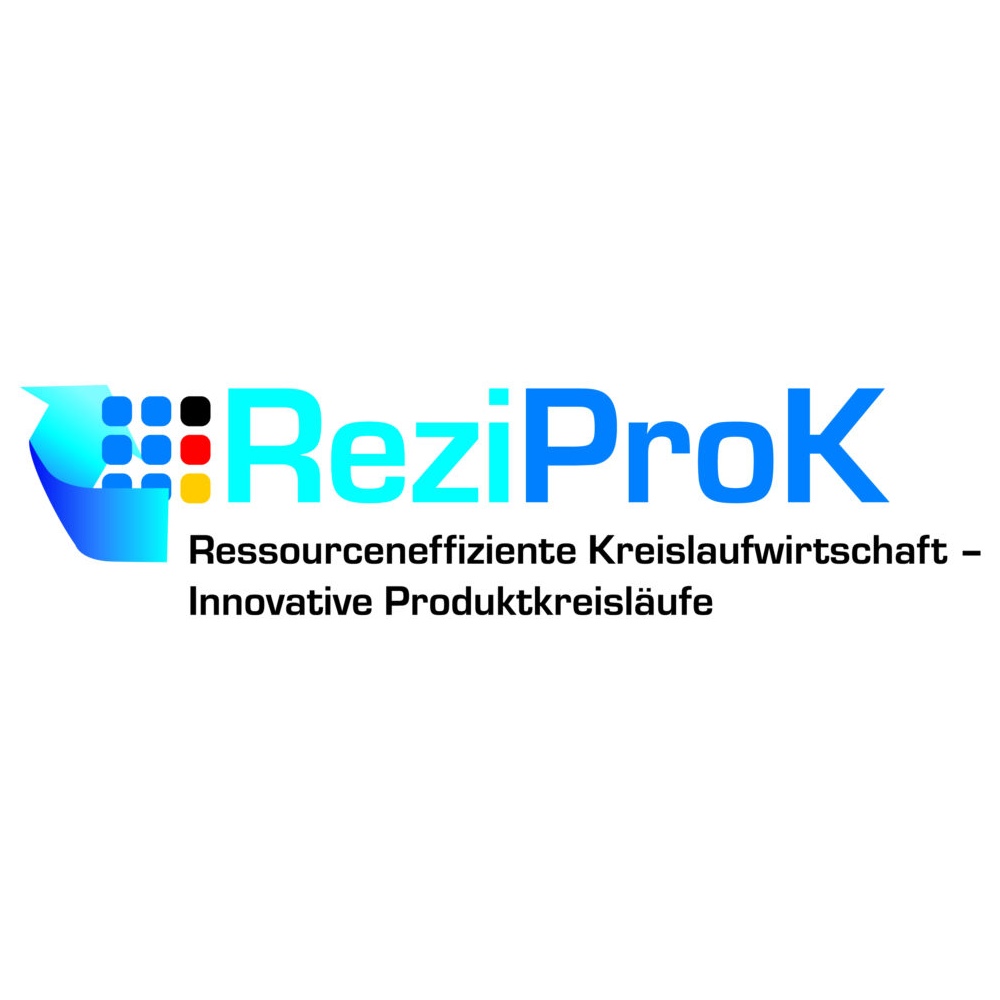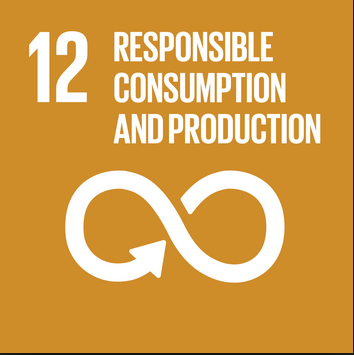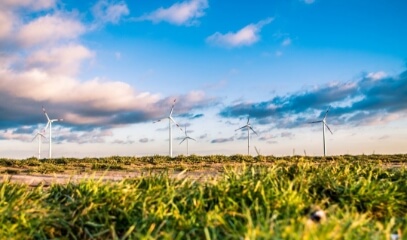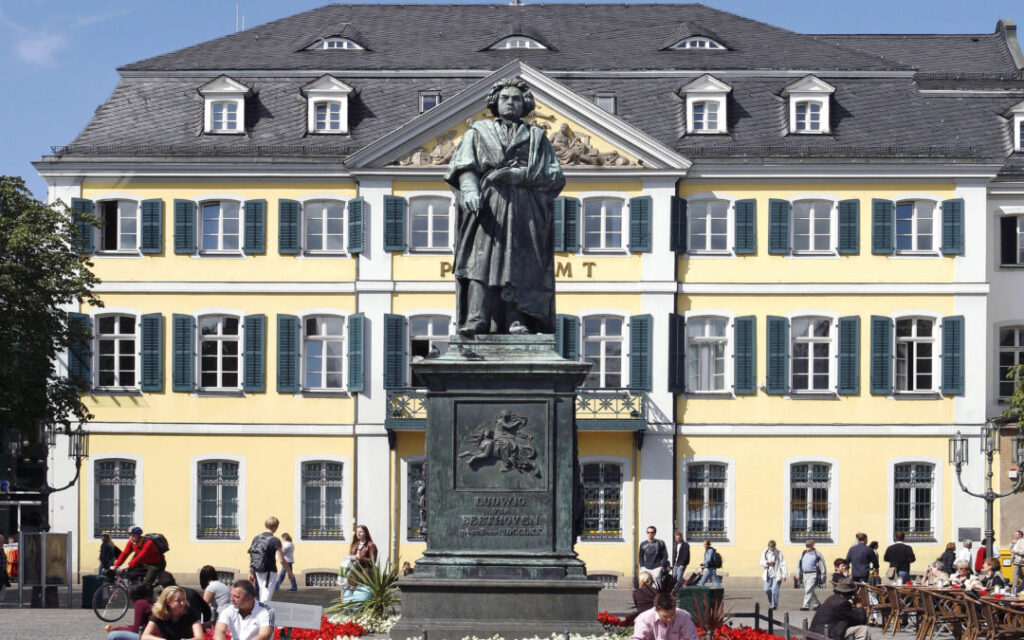ReziProK: Research Projects for Resource Protection
In collaboration with DECHEMA, N³ will supervise 25 joint research projects until the end of the year, within the framework of the BMBF’s Funding for Sustainability (FONA). The title – “Resource Efficient Circular Economy – Innovative Product Cycles (ReziProK)” – already gives away what it’s all about: Innovative solutions for product cycles were sought. It entails the development of new business models, design concepts, and digital technologies. The overarching project, which includes both DECHEMA and N³, is called RessWInn. N³ is responsible for:
ReziProK: Research Projects for Resource Protection Read More »




